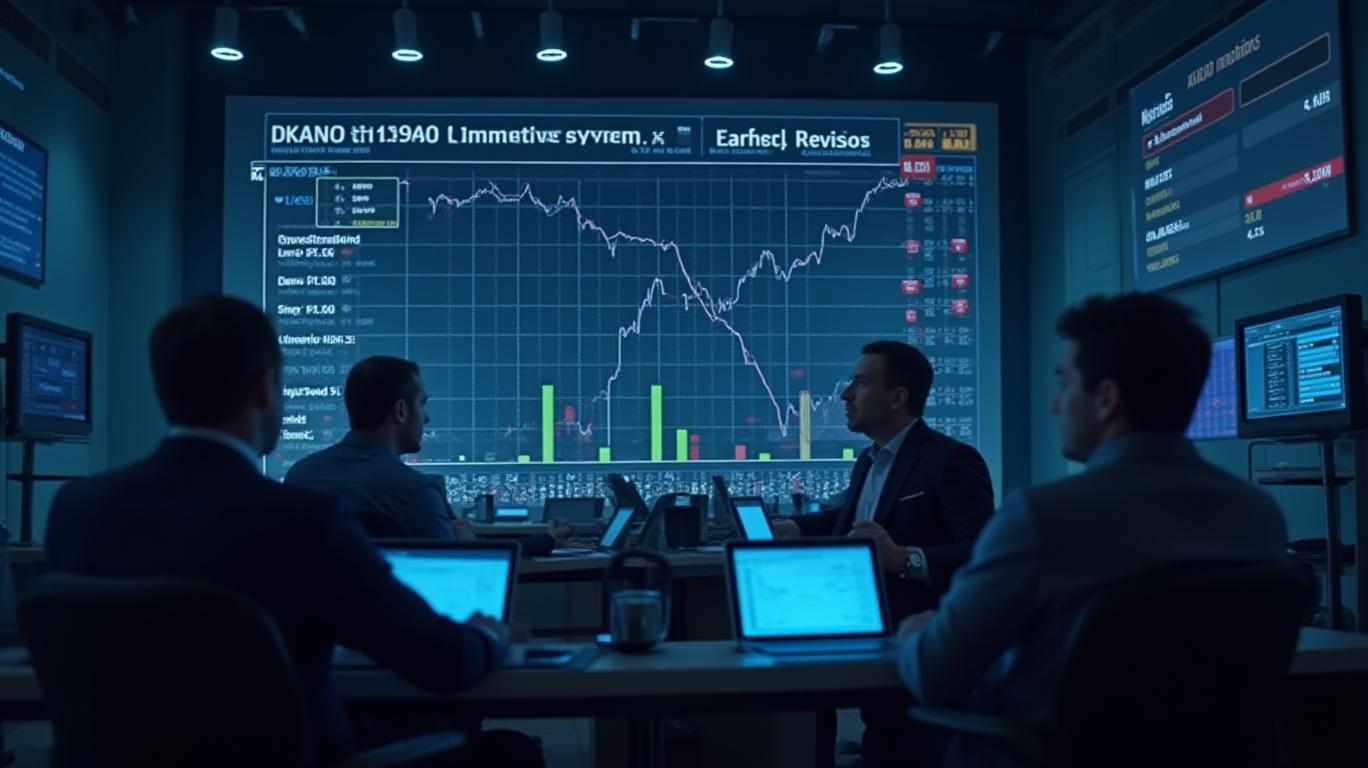SkyWest (SKYW): Why Analyst Optimism Might Be Overblown – A Zacks Reality Check
The stock market is a battlefield of competing signals, and SkyWest (NASDAQ: SKYW) is no exception. Analysts are singing its praises with a robust Average Brokerage Recommendation (ABR) of 2.00 ("Buy"), yet Zacks Investment Research’s quantitative model has downgraded it to a #3 Hold. The disconnect between Wall Street’s enthusiasm and Zacks’ data-driven skepticism raises a critical question: Should investors trust the hype or the numbers?

The Analysts’ Bias: Why "Buy" Ratings Are Often Overcooked
The ABR of 2.00 for SkyWest is derived from five brokerage recommendations: two "Strong Buy" and one "Buy", with the remaining two ratings unspecified (likely "Hold"). This bullish consensus is not surprising. As the research highlights, brokerage analysts issue five "Strong Buy" ratings for every "Strong Sell" due to inherent conflicts of interest—firms covering the stock may prioritize maintaining relationships over honesty.
But here’s the catch: 70% of analysts’ "Strong Buy" recommendations fail to outperform the market, according to independent studies. The ABR’s flaws are magnified when paired with SkyWest’s minuscule profit margins (0.1% net, 0.15% operating), which suggest the company’s earnings could be vulnerable to operational hiccups.
Zacks’ #3 Hold: The Math Behind the Caution
While analysts are cheerleading, Zacks’ #3 Hold ranking—a quantitative model based on earnings estimate revisions—paints a different picture. The rank reflects stagnant consensus estimates: the Zacks Consensus Estimate for SkyWest’s annual earnings has flatlined at $9.01 for the past month, down from a recent high of $9.28. This lack of upward momentum violates the core premise of the Zacks Rank, which correlates earnings revisions with stock price movements.
The Zacks Rank’s #3 Hold isn’t arbitrary. It’s calculated using four factors: earnings estimate revisions, earnings surprises, valuation, and momentum. With earnings revisions now neutral and the stock trading at a Price-to-Earnings (P/E) ratio of 7.02x, the model is flagging the stock as fairly valued, not undervalued.
The Risk of Ignoring the Zacks Edge
The contrast between the ABR and Zacks is stark. Analysts see a "Buy" due to SkyWest’s institutional ownership (90% of shares held by funds) and insider buying (e.g., CEO purchases). But Zacks’ data-driven approach zeroes in on the lack of catalysts for near-term growth. Even if the stock’s technicals look strong (Beta of 1.88 suggests volatility), the absence of earnings momentum undermines the case for aggressive buying.
Why Investors Should Side With Zacks
- Bias vs. Data: Analysts are human. Zacks is an algorithm. The latter has no incentive to please brokers or inflate hype.
- Earnings Are the Engine: Without upward revisions, the stock’s gains could fizzle. SkyWest’s recent earnings surprises have been inconsistent, with a 21% beat in Q1 2013 and a 15% miss in Q4 2011.
- Valuation Reality Check: The P/E of 7.02x and P/B of 1.67 may look cheap, but they’re meaningless without earnings growth to justify them.
Conclusion: Hold the Line
SkyWest’s ABR of 2.00 is a siren song for optimists, but investors ignoring Zacks’ #3 Hold are playing with fire. The brokerage consensus is skewed by structural biases, while Zacks’ model—proven to predict stock performance—is flashing a warning. Until earnings estimates rebound, SKYW is a "Hold" at best.
The lesson? In a world of noise, data wins. Trust the numbers, not the hype.
Joe Weisenthal’s style: incisive, data-driven analysis with a focus on actionable insights.

Comments
No comments yet